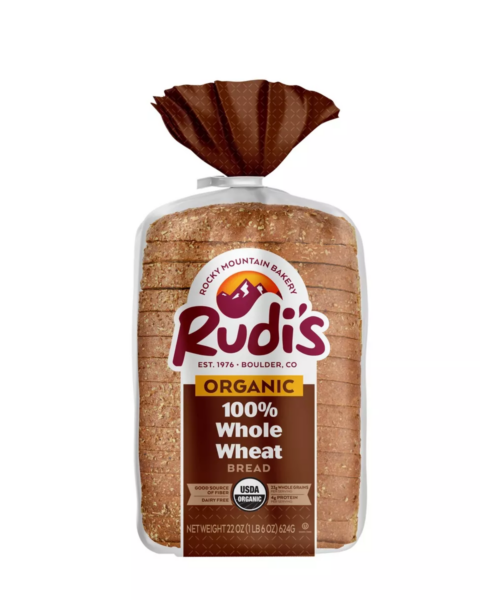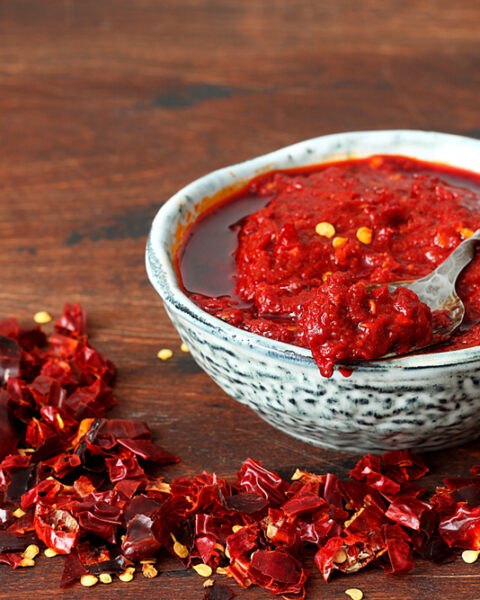Winter superfoods help boost your immune system, fight off seasonal illnesses, and provide energy when the days are shorter and darker. Many of these ingredients are rich in fiber, helping you stay fuller longer and supporting your digestive health. These seasonal foods are packed with vitamins, minerals, and antioxidants, making them perfect additions to your meals. Incorporating these foods into your daily meals can enhance flavor while providing essential nutrients. From leafy greens to hearty root vegetables, winter superfoods are as diverse as they are delicious.
Contents
- 1 Kale
- 2 Sweet Potatoes
- 3 Brussels Sprouts
- 4 Citrus Fruits
- 5 Pomegranates
- 6 Squash (Butternut and Acorn)
- 7 Carrots
- 8 Cabbage
- 9 Ginger
- 10 Leeks
- 11 Beets
- 12 Chia Seeds
- 13 Spinach
- 14 Turmeric
- 15 Cranberries
- 16 More From RetailShout
- 17 What’s Trending at Aldi This Week (12/15/2024)
- 18 10 Best Buys at Sam’s Club This Week (12/15/2024)
Kale

Kale is a nutrient-packed leafy green that thrives in the winter. It is loaded with vitamins A, C, and K, as well as folate, iron, and fiber. Kale’s high antioxidant content can help boost your immune system during the colder months. Its hearty leaves also make it a versatile ingredient, perfect for soups, stews, and salads. One of the key benefits of kale is its ability to fight inflammation and improve cardiovascular health. You can enjoy it raw, sautéed, or even roasted for a crispy snack. Adding kale to your meals can also support detoxification and digestive health due to its high fiber content.
Sweet Potatoes
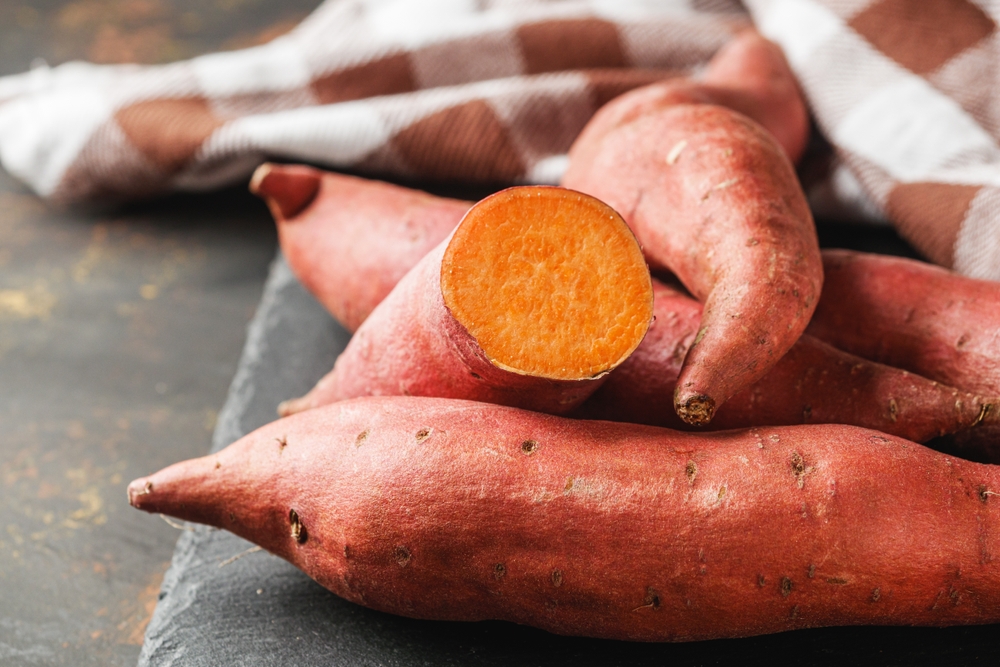
Sweet potatoes are a winter staple that is both comforting and nutritious. Rich in beta-carotene, they support healthy vision and skin, while their high fiber content helps with digestion. Sweet potatoes are also a great source of complex carbohydrates, which provide long-lasting energy throughout the day. They are loaded with antioxidants that help reduce oxidative stress and inflammation. You can roast, mash, or even use them in soups and casseroles. Their natural sweetness pairs well with savory spices like cinnamon, ginger, and garlic. Incorporating sweet potatoes into your meals can help balance blood sugar levels and improve gut health.
Brussels Sprouts

Brussels sprouts are small, leafy vegetables packed with nutrients. These cruciferous vegetables are high in vitamin C, vitamin K, and folate, all of which help boost immunity during the winter months. They also contain fiber, which promotes digestive health and can help lower cholesterol levels. Brussels sprouts are rich in antioxidants, including sulforaphane, which is known for its anti-inflammatory properties. You can roast them with olive oil, salt, and pepper, or add them to salads and stir-fries. Their slightly bitter taste can be balanced with the sweetness of honey or balsamic vinegar. Adding Brussels sprouts to your diet may help improve heart health and support detoxification.
Citrus Fruits
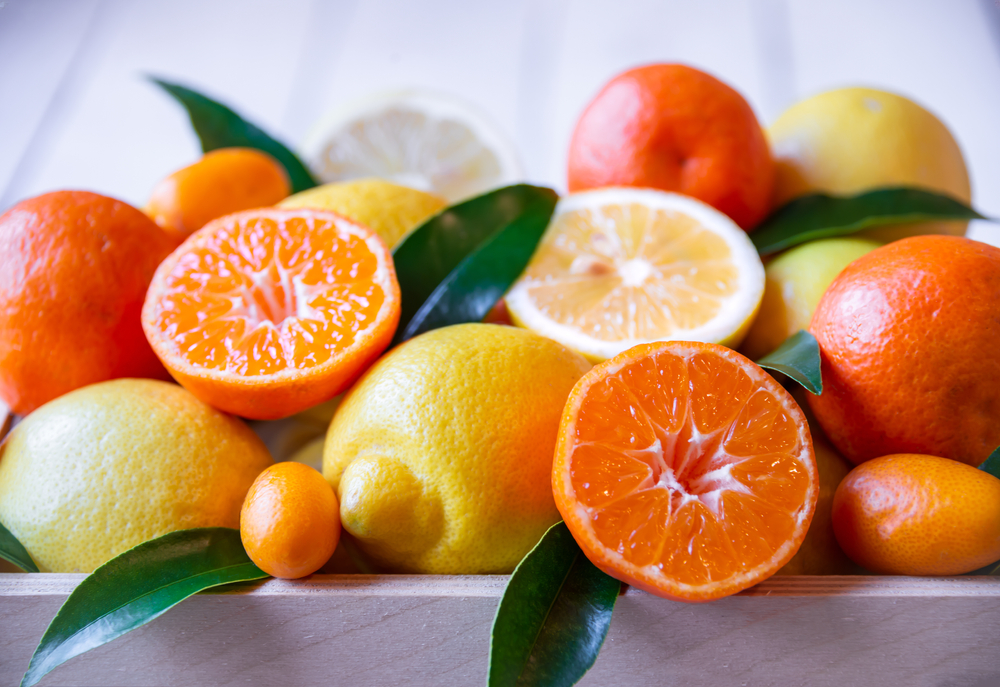
Citrus fruits like oranges, grapefruits, lemons, and tangerines are in season during the winter and provide a delicious burst of vitamin C. This powerful antioxidant helps strengthen the immune system and fight off seasonal colds. Citrus fruits are also high in fiber, which supports digestive health and helps maintain a healthy weight. The flavonoids in citrus fruits have anti-inflammatory and anti-cancer properties, making them a valuable addition to your diet. You can enjoy citrus fruits as a refreshing snack, in salads, or in smoothies. The tangy zest also works well in dressings and marinades. Including more citrus fruits in your meals can help brighten your winter days while improving your overall health.
Pomegranates
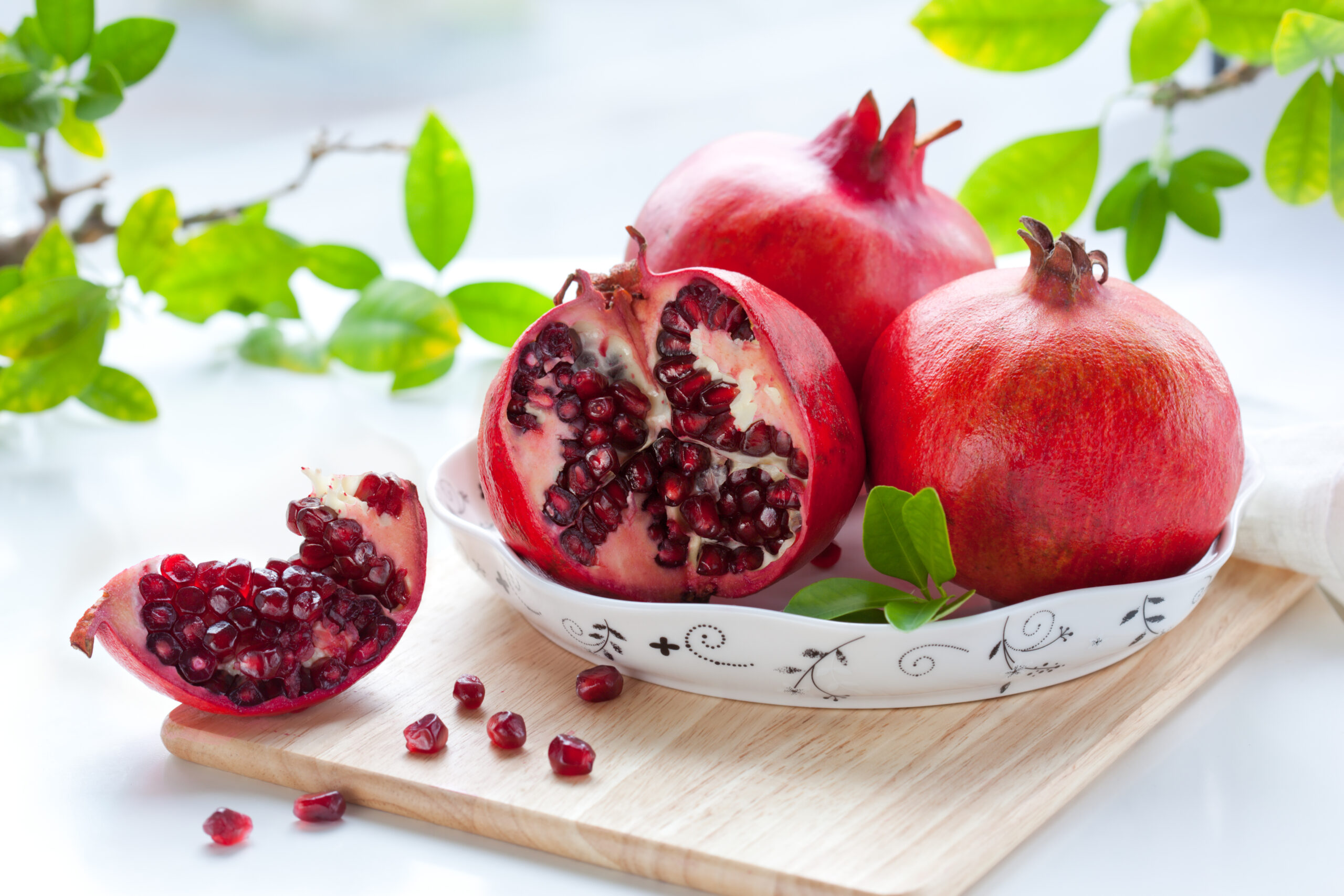
Pomegranates are a superfood with impressive health benefits, especially in the winter. They are loaded with antioxidants, particularly punicalagins, which help protect the body from oxidative damage. Pomegranates are also a great source of vitamin C, which boosts the immune system and helps keep skin healthy. The seeds, known as arils, are high in fiber, promoting digestion and helping to regulate blood sugar levels. You can add pomegranate seeds to salads, yogurt, or smoothies, or simply eat them as a snack. Their tart sweetness can also complement savory dishes like roasted meats. Including pomegranates in your diet may help improve heart health and reduce inflammation.
Squash (Butternut and Acorn)

Winter squash varieties like butternut and acorn squash are rich in vitamins A and C, both essential for maintaining a strong immune system. These squashes are also a great source of fiber, which aids digestion and helps regulate blood sugar levels. The natural sweetness of squash makes it perfect for soups, stews, and roasted dishes. Butternut squash, in particular, is packed with antioxidants that help fight inflammation and protect against chronic diseases. You can prepare squash in a variety of ways, from pureeing it into soups to roasting it with spices. The potassium content in squash supports heart health by helping to regulate blood pressure. Incorporating squash into your meals is a great way to stay nourished and satisfied during the winter months.
Carrots
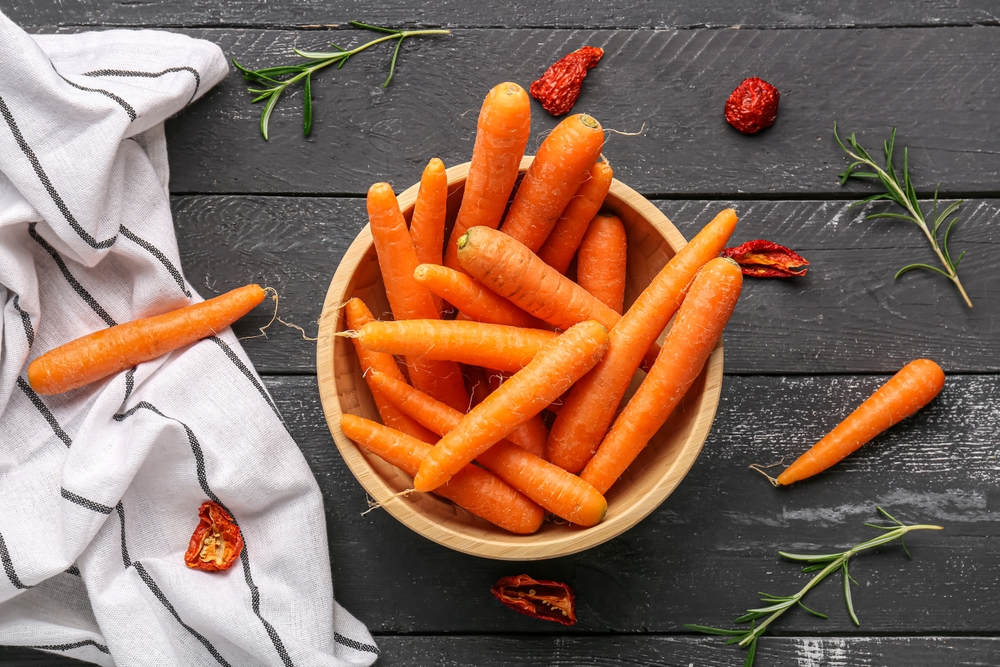
Carrots are a classic winter vegetable that can be enjoyed in many forms, from raw snacks to roasted dishes. They are rich in beta-carotene, which the body converts into vitamin A, essential for maintaining healthy vision. Carrots also contain fiber, which helps regulate digestion and supports gut health. Their natural sweetness makes them a great addition to soups, stews, and salads. Carrots are packed with antioxidants, including lutein, which can help protect your eyes from damage caused by blue light and aging. You can enjoy carrots raw, roasted, or even blended into smoothies for an extra dose of nutrients. Including carrots in your winter meals can support immune function and promote healthy skin.
Cabbage
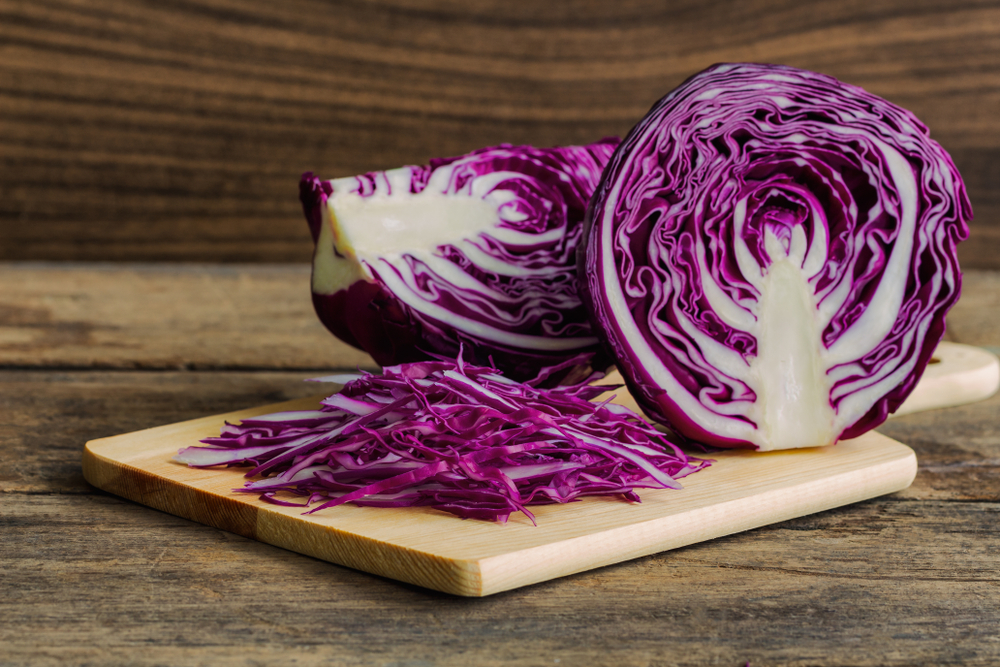
Cabbage is another cruciferous vegetable that thrives in the winter months. It is an excellent source of vitamin C, which helps boost the immune system and protect against illness. Cabbage is also high in fiber, which supports digestive health and helps manage blood sugar levels. The antioxidants in cabbage, such as flavonoids and polyphenols, have anti-inflammatory properties that may help reduce the risk of chronic diseases. You can eat cabbage raw in coleslaw, or cook it in soups, stews, or stir-fries. Adding cabbage to your diet can also support heart health by helping to lower cholesterol levels. This versatile vegetable is both affordable and nutritious, making it a great addition to winter meals.
Ginger
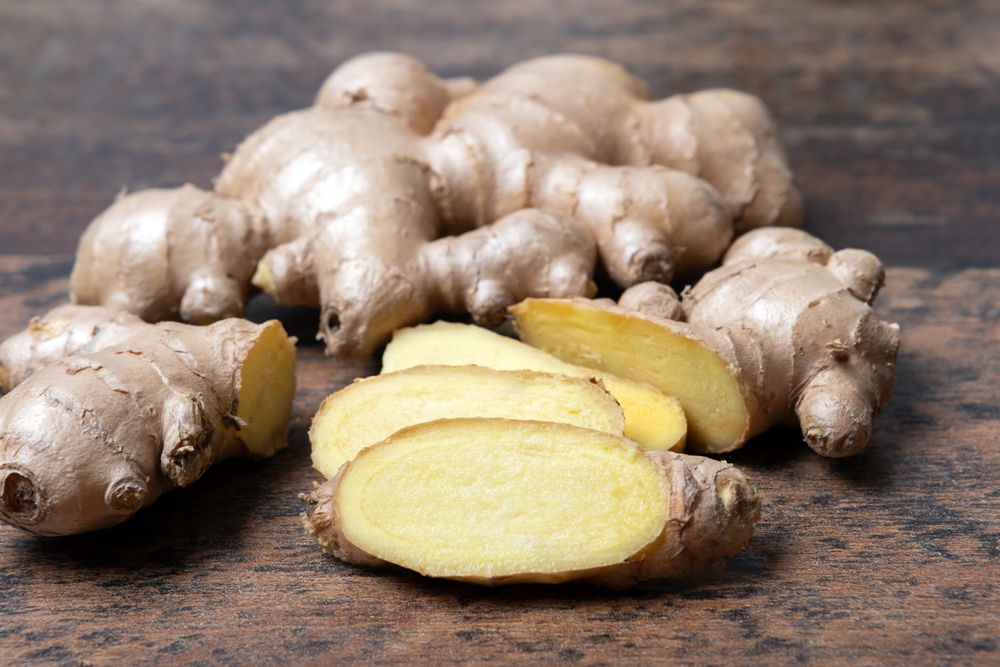
Ginger is a powerful root that has been used for centuries due to its medicinal properties. It is known for its ability to aid digestion and reduce nausea, making it particularly helpful during the winter months when colds and digestive issues are common. Ginger also contains compounds like gingerol, which have anti-inflammatory and antioxidant effects, helping to reduce muscle soreness and joint pain. You can add fresh ginger to hot teas, smoothies, soups, or stir-fries for an extra burst of flavor and health benefits. Its warming properties can help keep you feeling cozy during the colder months. Ginger has also been linked to improved blood circulation and can help regulate blood sugar levels. Incorporating ginger into your winter meals can improve digestion and support overall health.
Leeks

Leeks are an underrated winter vegetable that offers a mild, sweet flavor and a range of health benefits. They are a good source of vitamins A, C, and K, which help strengthen the immune system and support healthy skin. Leeks also contain a type of fiber called inulin, which promotes gut health and helps regulate blood sugar levels. This vegetable is rich in antioxidants, including flavonoids like kaempferol, which have anti-inflammatory properties. Leeks are incredibly versatile and can be used in soups, stews, or roasted as a side dish. Their mild onion flavor adds depth to many winter recipes. Adding leeks to your meals can help boost your overall health while keeping your meals flavorful.
Beets

Beets are a vibrant root vegetable that offers numerous health benefits, especially during the winter months. They are rich in antioxidants, such as betalains, which help reduce inflammation and oxidative stress. Beets are also a great source of folate, which is important for cell repair and immune function. The natural nitrates in beets can help improve blood flow and lower blood pressure, contributing to better cardiovascular health. You can enjoy beets roasted, boiled, or raw in salads and juices. They are also an excellent addition to smoothies for a nutrient-packed boost. Including beets in your winter meals can help support your heart, liver, and digestive health.
Chia Seeds
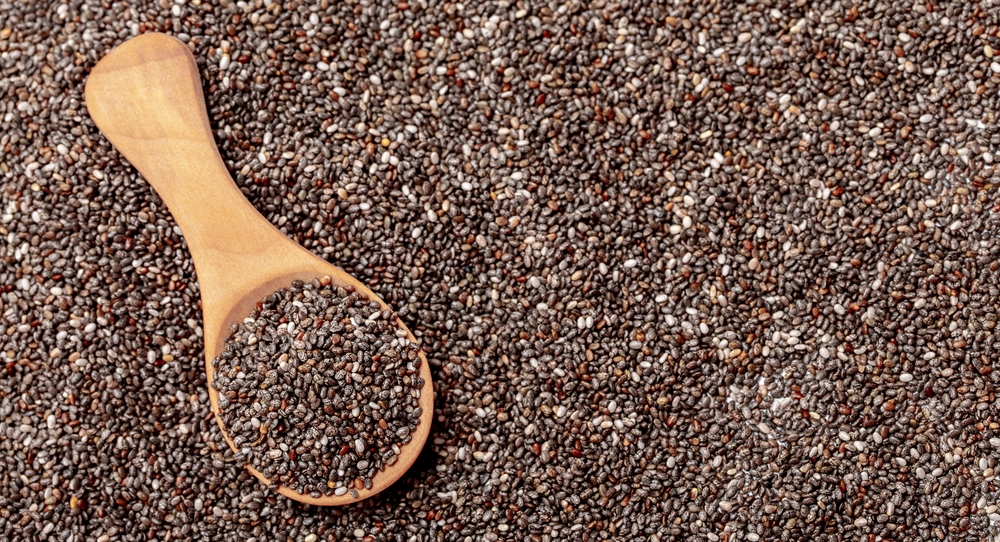
Chia seeds are a tiny superfood packed with nutrients, perfect for winter meals. They are an excellent source of omega-3 fatty acids, which are important for heart and brain health. Chia seeds are also rich in fiber, helping to promote healthy digestion and stabilize blood sugar levels. Additionally, they provide a good amount of plant-based protein, making them a great option for those following a vegetarian or vegan diet. Chia seeds are incredibly versatile and can be added to smoothies, oatmeal, yogurt, or even baked goods. When mixed with liquid, they form a gel-like consistency, making them perfect for chia pudding. Including chia seeds in your winter diet can improve digestion, support heart health, and boost overall nutrition.
Spinach
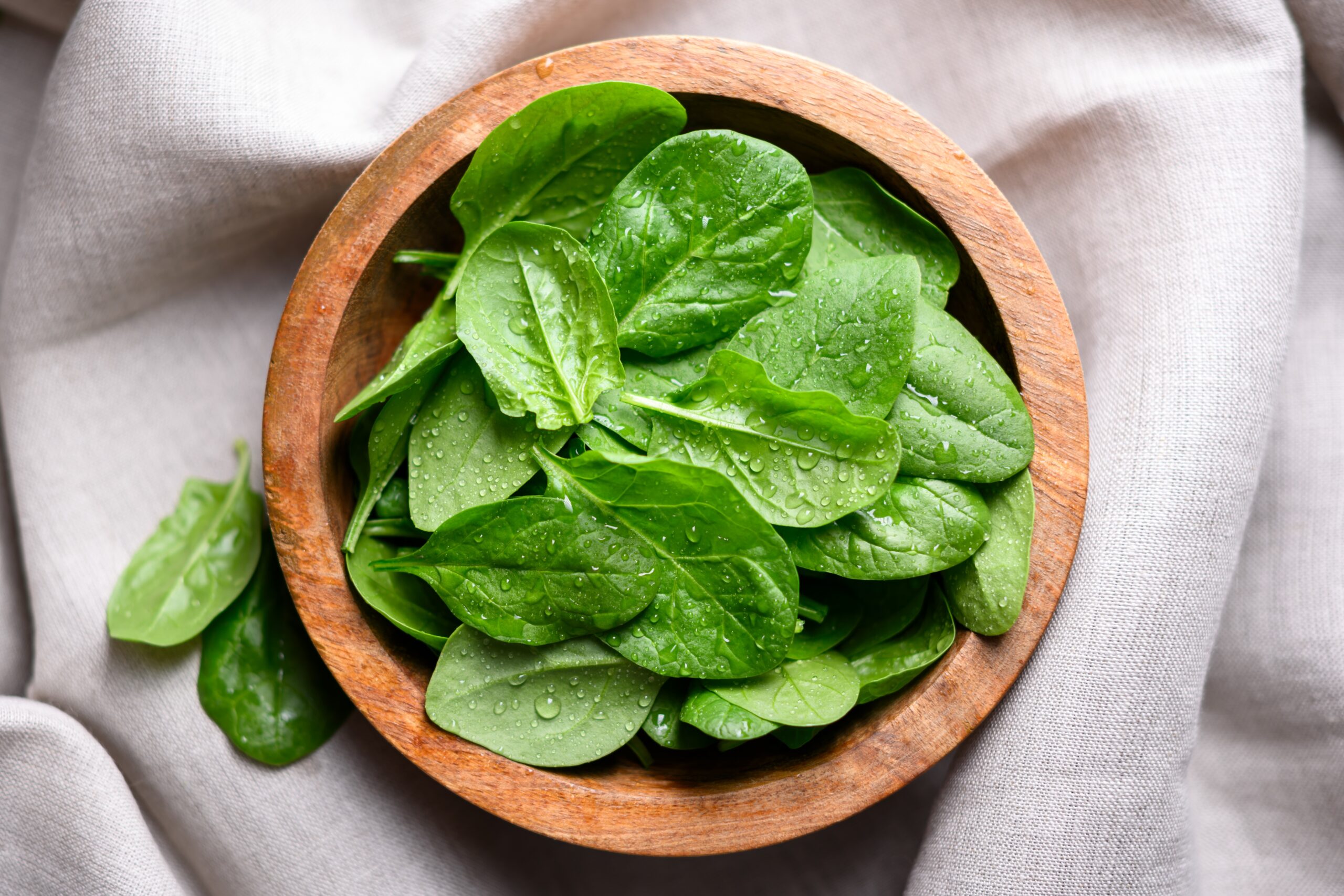
Spinach is another winter green that is packed with vitamins and minerals. It is a great source of vitamin K, which supports bone health, and also contains iron, which is essential for energy production and oxygen transport in the blood. Spinach is rich in antioxidants, including lutein, which helps protect the eyes from oxidative damage. Its high fiber content also supports digestive health and keeps you feeling full longer. Spinach can be used in a variety of ways, from raw in salads to cooked in soups, pastas, and omelets. It is also a great addition to smoothies for an extra nutritional boost. Adding spinach to your winter meals can help keep your bones strong and your immune system healthy.
Turmeric
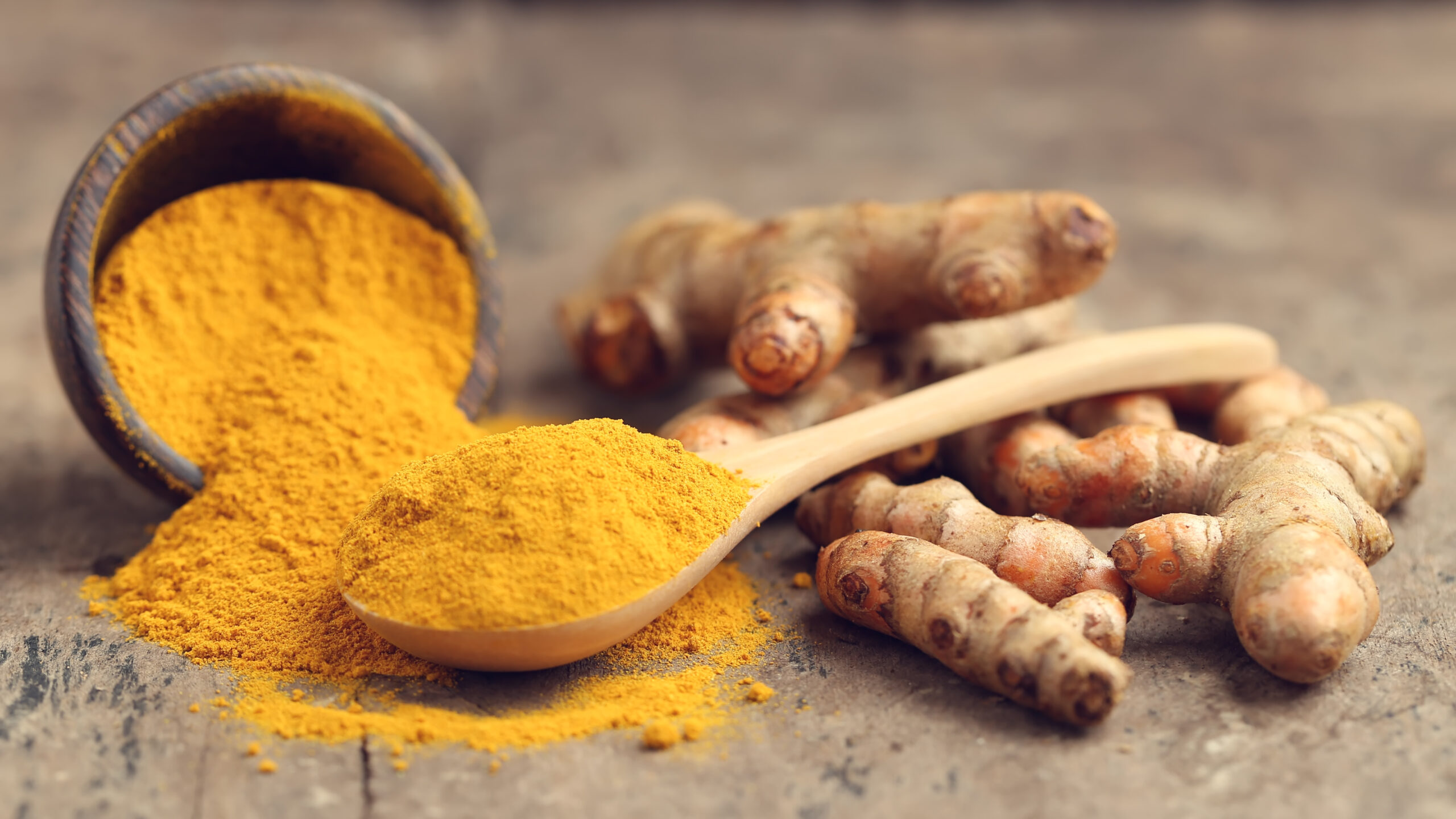
Turmeric is a golden-yellow spice that is known for its anti-inflammatory properties, making it a great addition to your winter meals. The active compound in turmeric, curcumin, has been shown to reduce inflammation and help manage chronic conditions like arthritis. Turmeric is also rich in antioxidants, which help protect the body from oxidative damage and support overall health. It is often used in curries, soups, and stews, but can also be added to smoothies or teas for a warming boost. The addition of black pepper can enhance the absorption of curcumin, maximizing its health benefits. Turmeric has also been linked to improved brain function and better mood regulation.
Cranberries
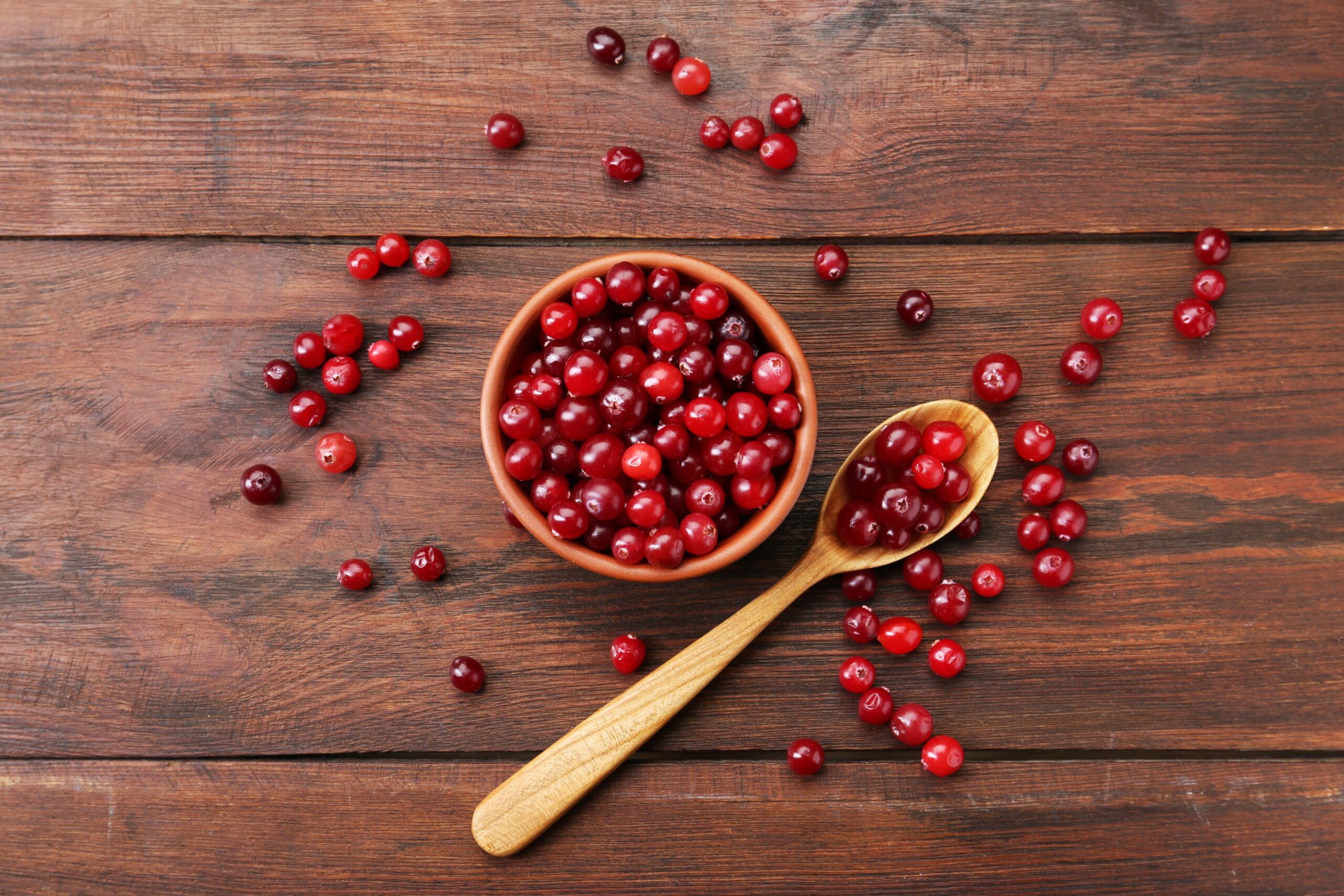
Cranberries are a seasonal fruit that are high in antioxidants, particularly anthocyanins, which help fight inflammation. They are also rich in vitamin C, which supports the immune system during the colder months. Known for their tart flavor, cranberries can help reduce urinary tract infections and improve gut health. Cranberries are versatile, working well in smoothies, sauces, or baked goods. They are also believed to help lower blood pressure and cholesterol levels. In winter, fresh cranberries are often used in holiday dishes, but they can be dried or frozen for longer shelf life. Including cranberries in your diet provides a refreshing and health-boosting option when many other fruits are out of season.
This article originally appeared on RetailShout.
More From RetailShout
11 Costco Frozen Favorites That Deserve a Spot in Your Freezer
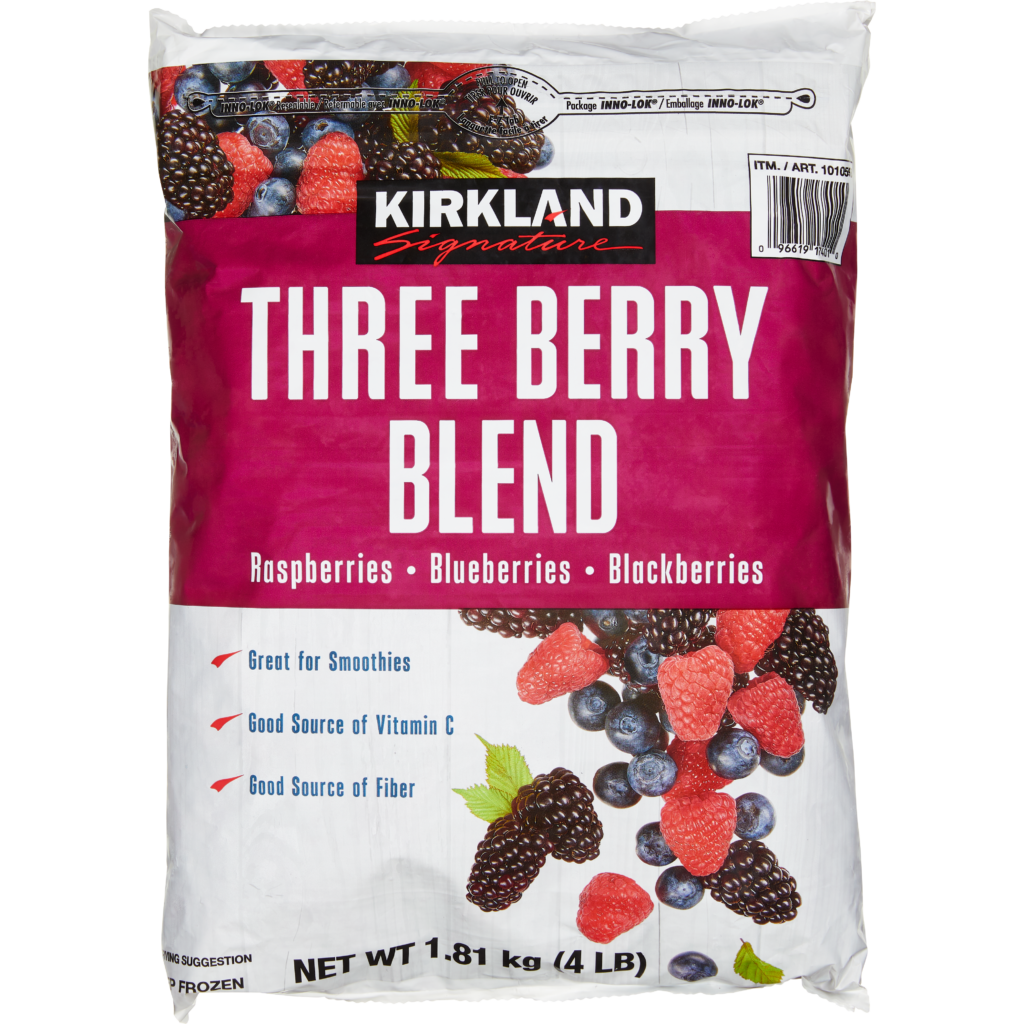
Frozen food has a bad reputation, but Costco is changing the game with its incredible selection of high-quality frozen items. These frozen favorites are not only tasty, but they’re also super convenient for busy nights when you don’t want to cook. Read More.
What’s Trending at Aldi This Week (12/15/2024)

Aldi’s shelves are buzzing with exciting finds this week, and there’s a little something for everyone. From festive holiday treats to cozy home essentials, the lineup is packed with surprises worth grabbing. Read More.
10 Best Buys at Sam’s Club This Week (12/15/2024)
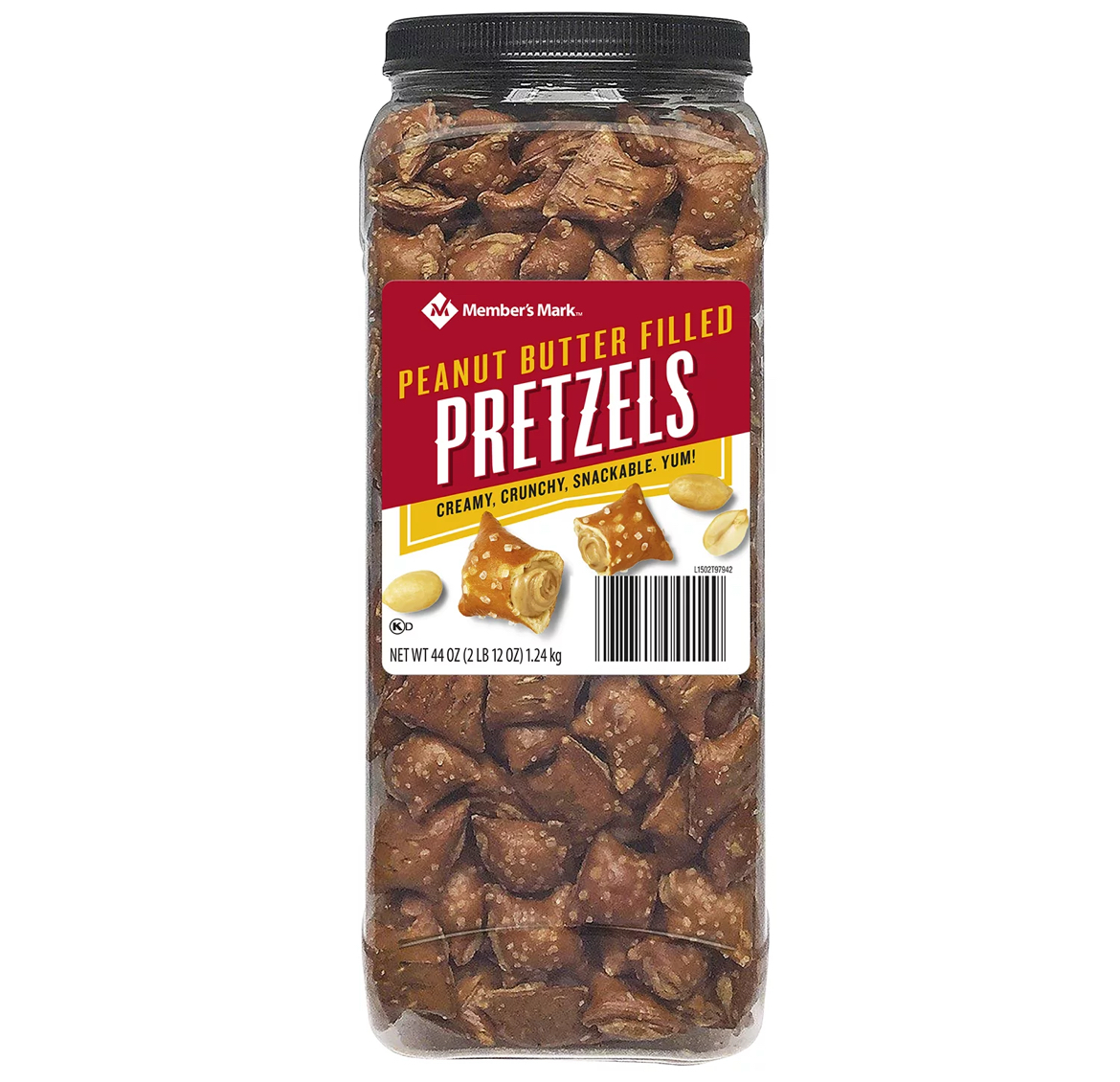
This week at Sam’s Club, there are some truly tempting deals to kick off the holiday season. Whether you are looking for festive treats, gourmet gifts, or a little something special to serve at your next gathering, Sam’s Club has you covered. Read More.


